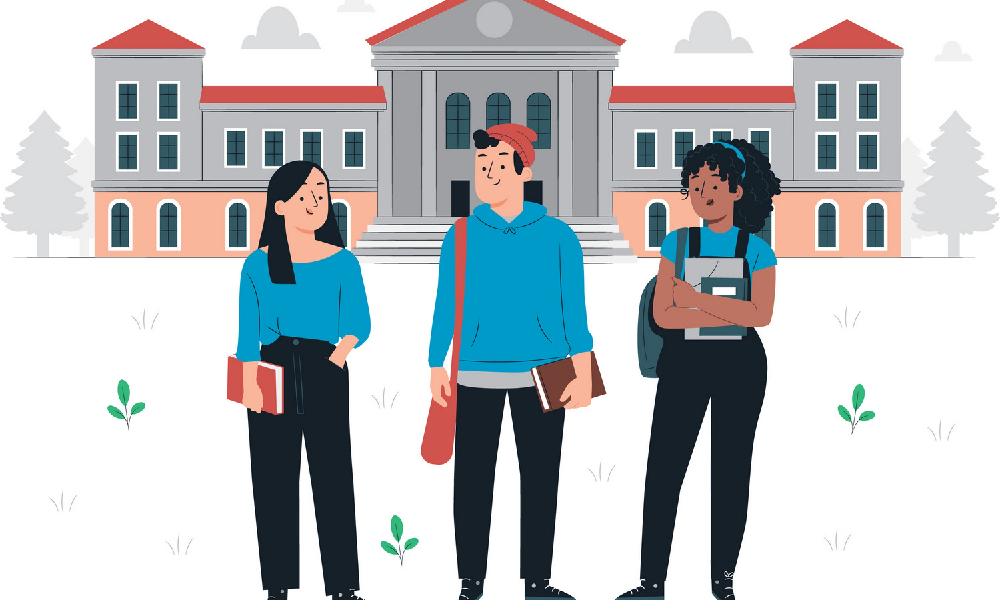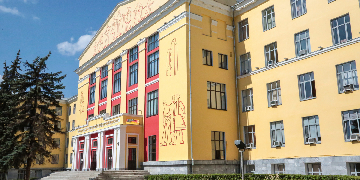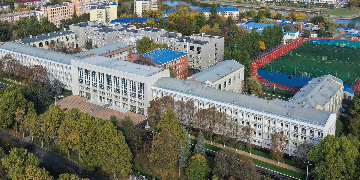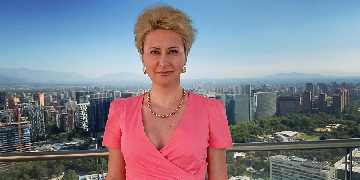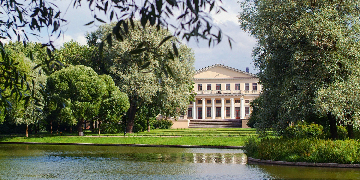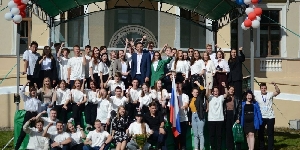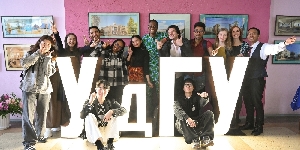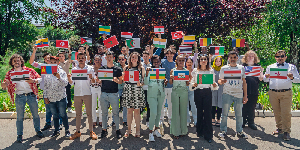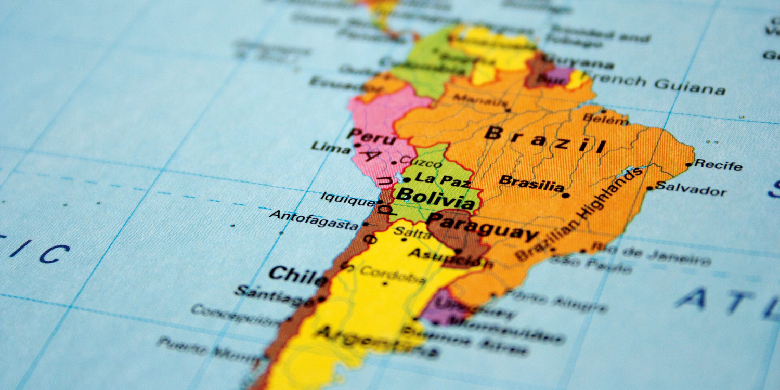
More recently, the development of cooperation in education and science between the countries of Latin America and the Caribbean (LAC) and Russia has been discussed at top levels. And today we can already say that plans for such cooperation are taking shape.
*LAC – Latin America and the Caribbean
Russia has around 700 universities that train personnel for all industries. Higher education in Russia is about high teaching standards, modern research and laboratory facilities, and comfortable campuses. Besides, not the least of the factors is a historically developed multinational environment that makes international students' stay in Russia comfortable.
Soviet and Russian universities have trained a total of 53,000 Latin American specialists in a variety of fields. Today, around 5,000 students from LAC countries are studying in Russia. However, the number of young people potentially interested in studying in Russia is multiply higher, and we have something to work with.
The most popular fields of study among Latin American applicants
- Medicine
- Biotechnology
- Artificial Intelligence and Information Technologies
- Agriculture
- Engineering
- Space Sciences
- Mining Engineering
And here, Russian universities offer a whole range of educational programs meeting the current needs of high-technology employers.
Advantages of education in Russia
- High-quality education, a wide range of educational programs and research areas
- Low cost of studying and living
- Well-developed infrastructure of the cities (including transport, infocommunications, healthcare, and others), ensuring high living standards
How much does it cost to study in Russia?
However, there are some obvious barriers that should and can be overcome.
Barriers
- Geographical distance
- Language communication
- Poor awareness of life in Russia
- Absence of interstate agreements on education recognition with some countries of the region
- Lack of inter-university interaction
One of the first objectives to be accomplished is to develop and conclude the education recognition agreements with a number of LAC countries. Why is this important? The simplified procedure for recognition of the document confirming education and relevant qualification really makes life easier for those who go back home. In this case, recent graduates can start a job search very quickly without fear that recognition of their degrees can take time.
Today the projects of such agreements are being developed with Argentina, Haiti, Guyana, Guatemala, Honduras, the Dominican Republic, Costa Rica, Mexico, and Panama. The agreement with Salvador has been completed.
Besides, such an interstate agreement will facilitate inter-university cooperation, and we can expect new joint educational programs and fields of study, academic mobility programs, and research projects.
Geographical distance increases the financial burden on students’ families, adding to their expenses the cost of transatlantic flights and related expenses, so the opportunity to study in state-funded places can be a critical factor. The Ministry of Science and Higher Education of Russia is already making education in Russia more affordable for students from LAC countries. First of all, we are talking about an increase in the number of Russian Government scholarships (quotas).
Distance learning can be considered one of the solutions. Some top Russian universities already have comprehensive distance educational programs taught in Russian and English. And they have something to offer.
Today we can surely say that there is a great interest in cooperation between Russia and LAC countries in science and education. For everyone who is just thinking or is already planning to study in Russia, this is a great moment to fulfill their dream. In this issue, the HED editorial team asked the Rossotrudnichestvo representatives in the region about career guidance at the local level, competitive selection for the Russian Government scholarship (quota), and the prospects and plans for the development of educational cooperation.
14.12.2023

